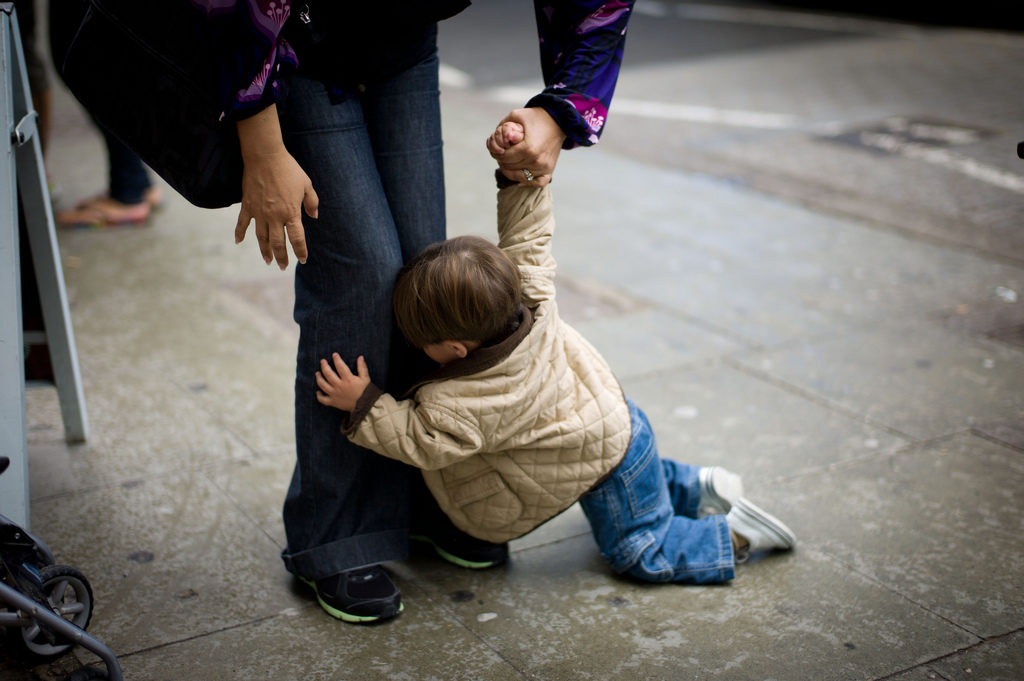
Child Disciplining
Discipline is a way to teach your child appropriate behavior, not punish them. You will discipline them differently, depending on your child’s age. When disciplining your child, start by setting some rules that your child clearly understands. Be consistent and set rules that encourage your child to succeed, when implementing discipline. Affirm when your child does something right and encourage and praise their best behavior.
Setting Rules and Building Consistency
Establish house rules. Regardless the age of your child, it’s important that they know the difference between inappropriate behavior and appropriate behavior. While setting house rules, let your child know what you expect of them. Your child should know what happens when they break a rule and what behaviors are off limits.
Establish a routine. Children thrive with routines as they help them feel secure, safe, and as if they can anticipate what’s to come. If you notice that your child melts down when they feel tired or struggles with behaviors at the same time each day, take note of these things and create a routine that can accommodate their needs.
Provide natural consequences to behaviors. Allowing natural consequences to occur can help your child build self-responsibility and gain a sense of cause-and-effect. When allowing natural consequences to occur, give your child choices and let them know what the outcome will be regarding their choices. Your child ultimately will decide what happens and experience the consequences.
Provide a warning. Young children need reminders, so if your child is starting to act inappropriately or is about to break a rule, give them a warning. They will know that completing the behavior will result in a consequence, once they receive the warning. Use “If …. then” statements so your child knows there will be a consequence, when giving a warning.

Be consistent with consequences. Many parents get in the habit of allowing behaviors to slide without consequences or making exceptions. Children need to know they cannot weasel their way out and that you will follow through on consequences. It’s especially important to be consistent with each child, if you have multiple children or children from mixed homes. Otherwise, they might feel as if you’re treating them unfairly.
Praise them when they do well. Show them that you’re proud, when your kid does a good job on something! Receiving recognition or getting verbal praise can mean a lot to your child. It shows them that you’re proud of them and that you noticed their behavior. Most kids want their parent’s attention and approval, so feel free to give them some.
Have realistic expectations. Setting the bar too high for your child’s behavior can lead to them feeling pressure, while setting the bar too low may lead to a bratty child or one who won’t reach their full potential.
Children develop differently and may have different strengths and weaknesses. If you have older children, don’t expect your younger children to act or behave the same way.
